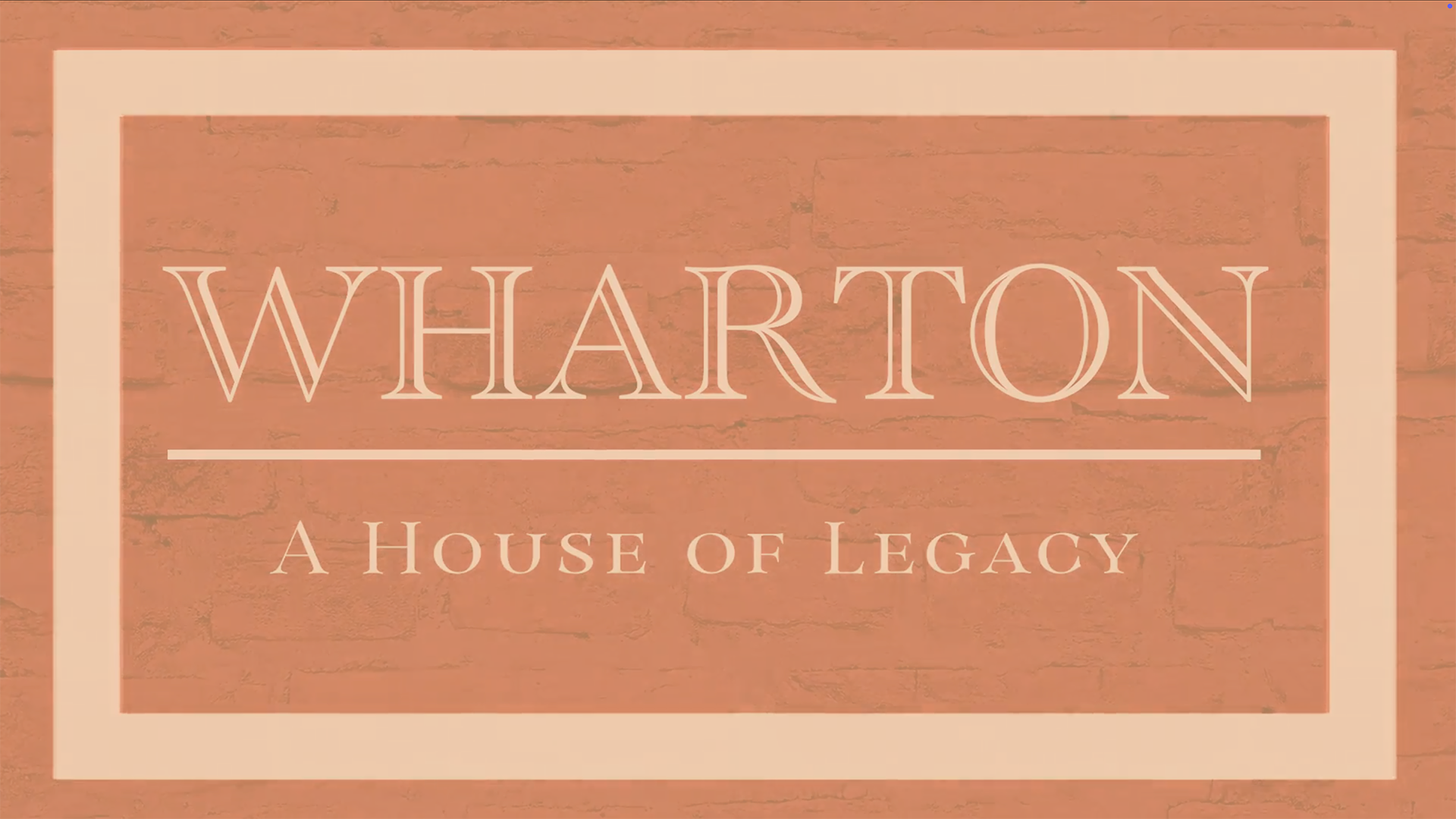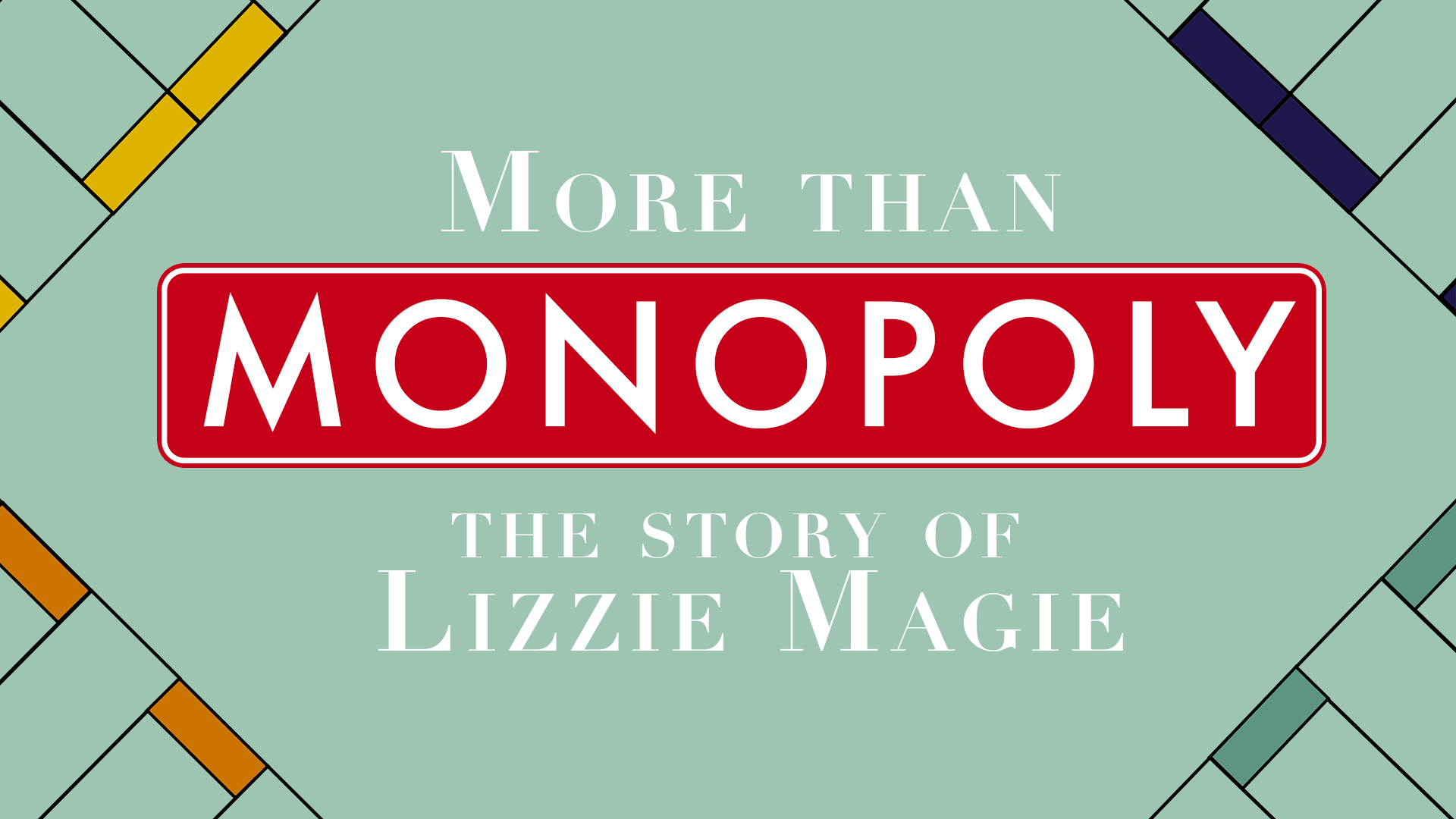
Wharton: A House of Legacy
Hosting more than just basketball games, Wharton Field House has been an intergenerational social pillar in the Moline, Illinois community for nearly 100 years. Journey through the surprising history of this important building with interviews from local historians, past and present coaches, athletes and students, superfans, and community members.





